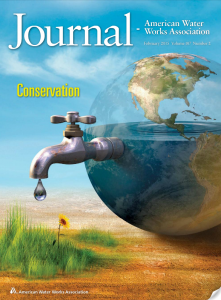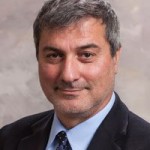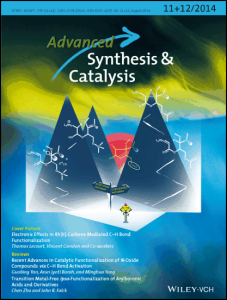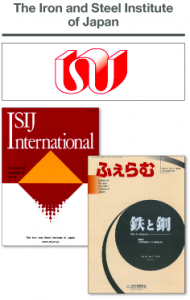 An expression of concern has been published on a paper that taps into a decades-long fight over how to remove lead from the water supply.
An expression of concern has been published on a paper that taps into a decades-long fight over how to remove lead from the water supply.
The paper in question, published in the Journal American Water Works Association, supports the safety of a common but frequently criticized way of incrementally removing lead pipes. The expression of concern came after years of back-and-forth letters to the editor between other scientists and the authors.
Lead water pipes have been causing lead poisoning for generations; some people have even theorized that the ancient Romans’ use of the metal facilitated the empire’s downfall. The dangers of childhood exposure to lead — delayed development, irreversible damage to the brain and nervous system and behavioral problems — have been documented in the U.S. since the 1940s, but the Environmental Protection Agency didn’t start regulating lead levels in drinking water until 1991, when the “lead and copper rule” went into effect. That set the standard for utility companies’ lead testing: if 10 percent or more of samples from homes had lead levels above 15 parts per billion, the companies were required to replace 7% of their lead pipes a year until they met the requirements.
Continue reading Expression of concern opens floodgates of controversy over lead in water supply








